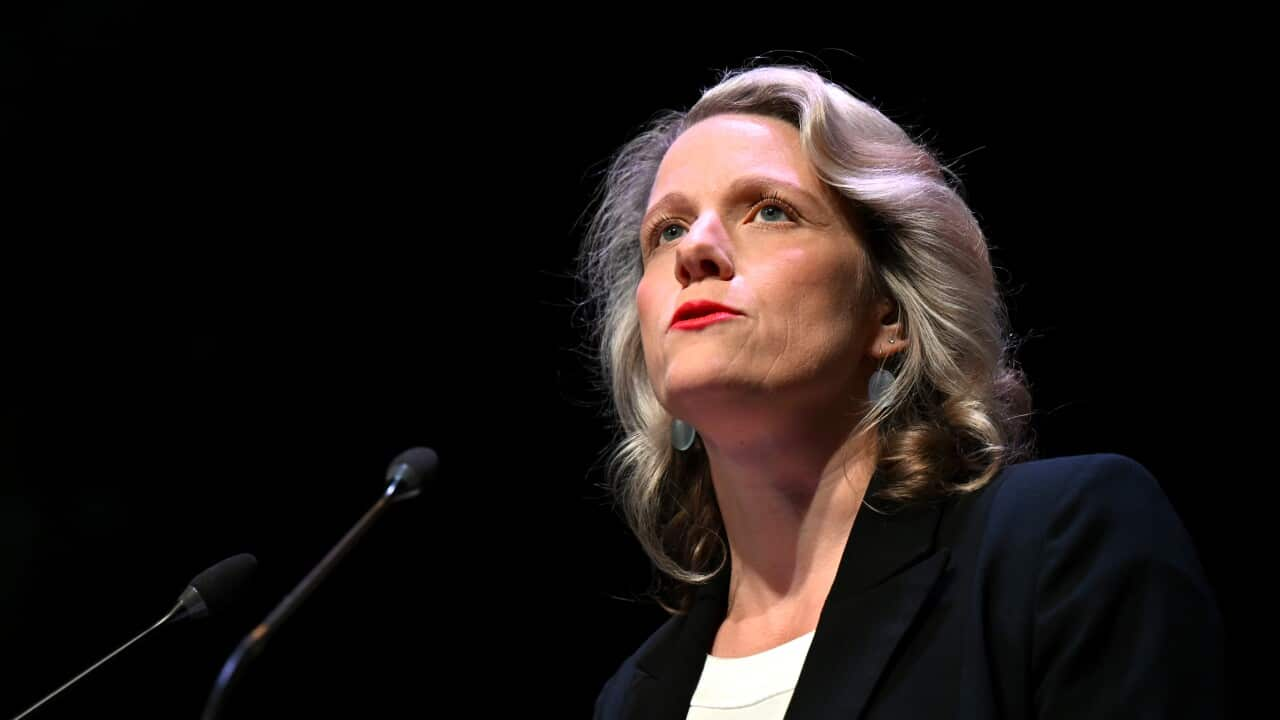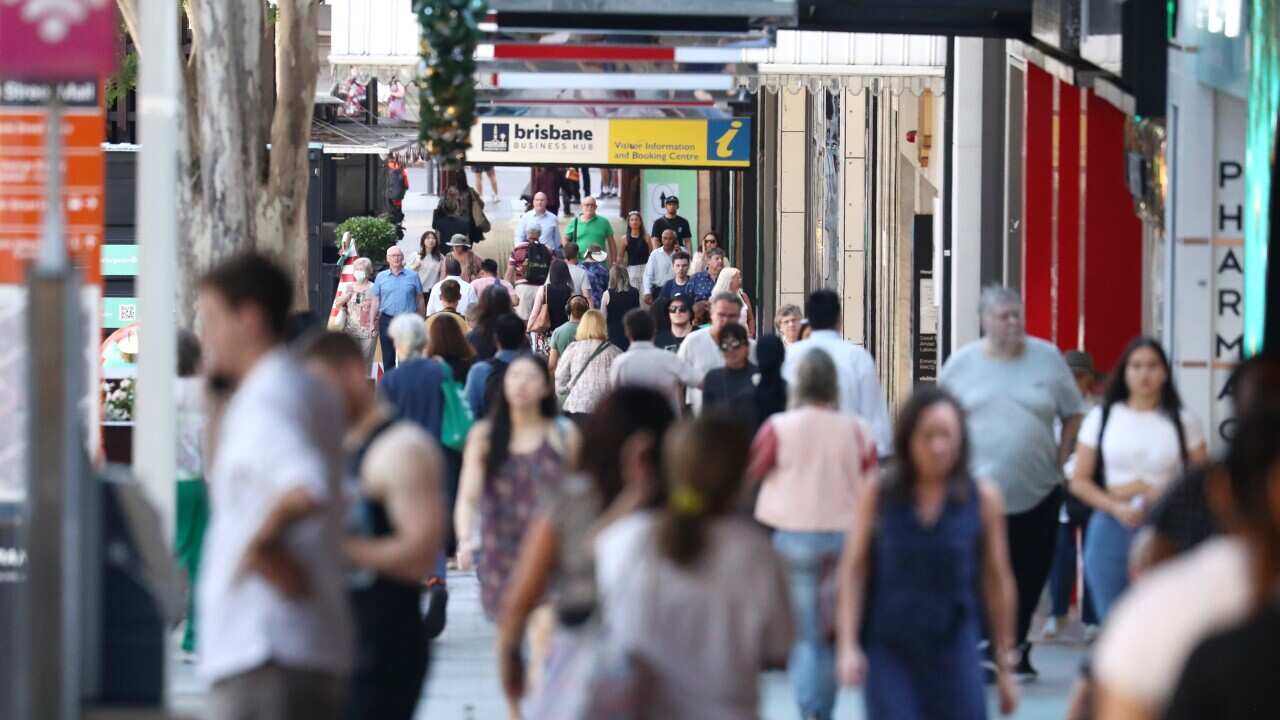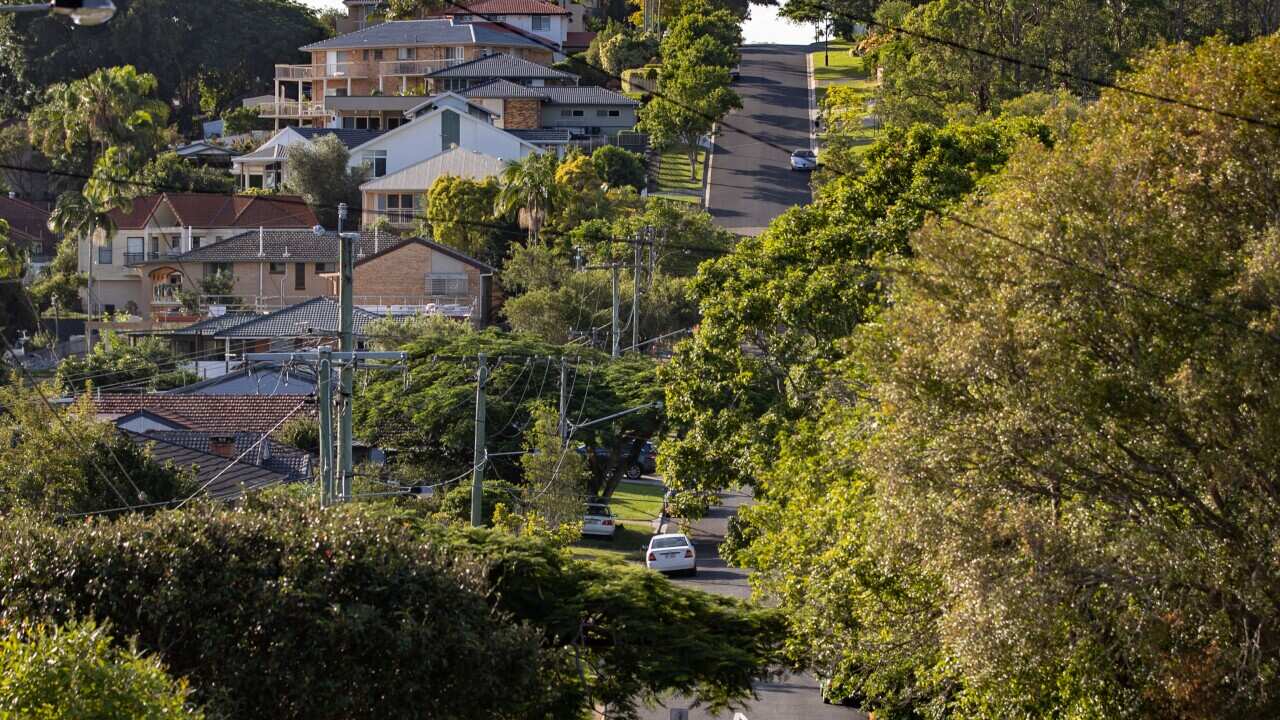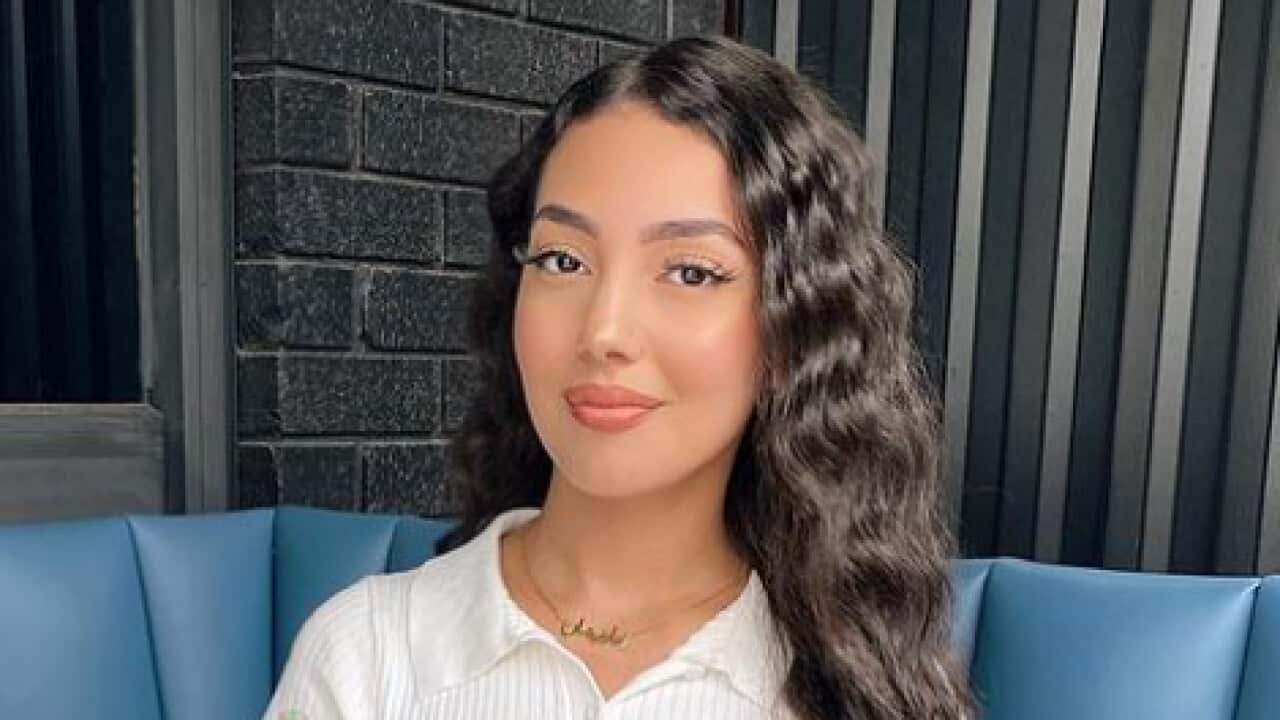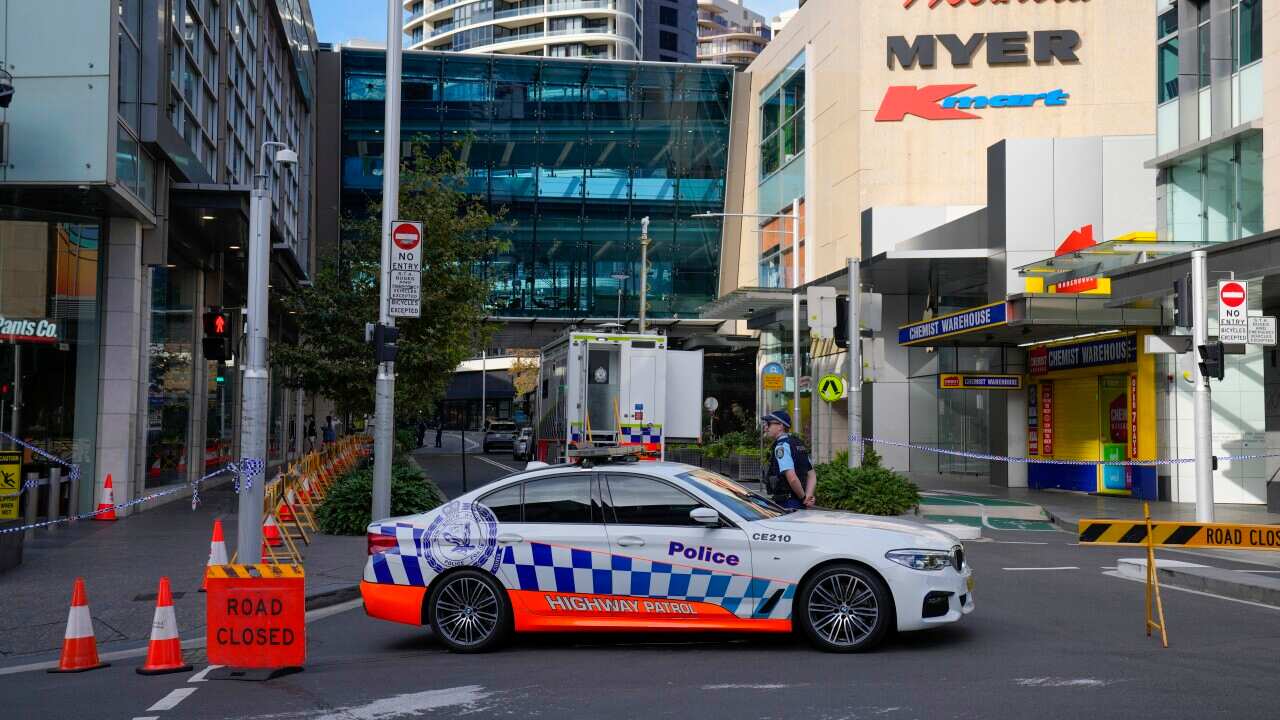Since the 1980s, SBS Hindi Broadcaster Kumud Merani has watched the Indian community change and grow.
"What leaves a dent in your heart and is inscribed in your heart is stories from listeners."
Listeners have called her from isolated parts of Australia, some from prison, most from the suburbs of Australia looking for a connection to their mother tongue.
"Once I had a person ring me and I had just played a patriotic Indian song and he rang and he was almost in tears. He said you know whenever you play that song I remember of home. India was home to him back then. And we were struggling in Australia to get a job. And you would play this song and my wife and I would hug each other and sob."
But Hindi isn't the only Indian language broadcast on SBS Radio.
In recent years Australia has welcomed thousands of migrants from India where along with Hindi many other languages are spoken.
In thethere were just over 147,000 migrants born in India living in Australia while in the 2011 census that number doubled to just over 295,000.
And of the 22 official languages spoken in India, many are broadcast on SBS Radio.
Along with Hindi, there's Tamil, Punjabi, Gujarati, Kannada, Bangla, Urdu, Nepali.
With more than 25,000 speakers - the Malayalam community has more than tripled over the past decade, many coming to Australia to work as nurses.
SBS Malayalam Broadcaster Deeju Sivadas made Australia home in 2012.
"If you take a look at the Malayali community, Malayalis have a background of migrating to other countries, from centuries ago, Malayalis started migrating. And there's a saying in India also that if you go to the Moon or Mars you can find a Malayali there."
Mr Sivadas said most of the Malayalis that have come to Australia worked in healthcare professions, mostly as nurses.
Malayali nurses have been migrating for more than a century, with Australia a more recent choice.
"After the global recession most of the Malayalis started to come and migrate to Australia even from European countries and the United States of America. So that has helped the Malayali community grown in the past five or six years."
Punjabi remained the fastest-growing language in Australia with most speakers born in India.
But the community went further back.
Punjab man Pooran Singh came to Australia in 1899 along with many others to work as a hawker, selling goods through the Victorian countryside.
Dying in Australia far away from his homeland, his final wish was to be cremated and sent home, a rare occurrence in 1940s rural Victoria.
His ashes remained unclaimed in a funeral home in Australia for 63 years when SBS Radio and the daughter of the funeral service owner who had cremated Mr Singh, decided to try and send his ashes home.
SBS Punjabi broadcaster Manpreet Singh said this is one of the stories that during her more than 20 years at SBS had affected her the most.
"He had died here in Australia, but a family, a white Australian family in Western Victoria held on to his ashes just so Pooran's last wish could be fulfilled."
Manpreet Singh said his last wish was to have his ashes scattered in the land of his birth.
"SBS Radio's Punjabi program got heavily involved in that and we were able to take his ashes back home and immerse them in the Ganges River according to Pooran's last wishes, 63 years after he died."
Along with historical stories about the community, Manpreet Singh said the program also looked at stories affecting the Punjabi community today especially those not not covered in the mainstream media.
"The Punjabi program has been very careful in looking at stories of family violence, student issues, just issues that deeply affect our community over here. Yeah we try and cover also history, the present and now we are even looking at the future."
